|
One false impression that people have about eating healthy is that it is really expensive and time-consuming. In a world where soda is cheaper than water, and “kale chips” are three times the price of regular chips, it is easy to see where this comes from. Not only do I hope to provide you with some ways I save money on food in this post, but I also want to remove the idea that eating healthy takes a lot of time and effort. #1 tip is PLAN, PLAN, PLAN ahead!And I’m not specifically talking about meal prepping, since I’m not a big fan of doing that. (although if that is your style, then send it!) I’m talking little things like having an easy breakfast in the fridge instead of buying it on the way to class or work, or having a fridge full of real food, so when you come home after a long day you're not tempted to go out and get something pre made. What I have learned is that although I love variety and experimenting with food, I have about 7-10 under half hour recipes to cook from home, which I call my “go-to” recipes. Find them here Out and about all day? See how you can plan ahead when you’re out on the slopes here #2 Crockpots Speaking of thinking ahead, I can’t help but bring up my reliance on the crockpot. I call him my “personal chef” because I can come home and dinner is 100% done! All it takes is ten minutes in the morning chopping up vegetables, and adding seasonings and meat. Unlike the stove, you can leave it at home while you are out all day. I don’t think in all my years I have ever burned or overcooked anything in the crockpot, and I’ve left stuff in there up to fourteen hours! Not only does the crock pot save you money by being an alternative to eating out/takeout, but it also allows you to buy the cheaper, tougher meats because no matter what the cut, the crock pot makes it super tender and juicy! Want an easy recipe to get you started? Check out my go-to recipe here #3 don’t let anything go to waste.Have “What’s for dinner? Let’s look in the fridge” nights several times a week. (those meals are like every other night for me haha) planning is good, but also learn to improvise and use up everything. Here are two meals I like to use for finishing up extra veggies (cooked or uncooked!) Chicken soup Easy fritatta #4 your freezer is a huge asset When you live by yourself, it is tempting to buy pre-made dinners or go out instead of cooking. Meat is sold by the pound, and sometimes you just don’t feel like eating cauliflower for the next five days because you bought one whole head of it. There are two ways I have found a freezer to be a hero in the single-person’s arsenal. First, you can cook up a whole family-size stew or crock pot and freese one or two portions per container for another day. Yout busy-future-self will thank you! The other way I use my freezer is buying frozen vegetables. I buy more frozn veggies than fresh because you don’t have to spend any time chopping or washing. Plus, they can be a lot cheaper and are just as nutritious! #5 Avoid the “superfood” pitfallChances are, you’ve seen the term “super food” thrown around a lot lately.
However, most of the food I buy does not have this word anywhere on the packaging. Actually most of the food I buy doesn’t even have much packaging Want to see what I buy on a average trip to the store? Check this out. Although Superfoods are usually good for you, they are not necessary to have a balanced, healthy diet. To me, “healthy” food means a diet of mostly fresh or frozen vegetables, some fruit, nuts, seeds, and a sensible amount of high-quality meat/dairy. By high quality meat, I don’t even mean the best, leanest cuts, but organic or grass fed does matter. Things like Kombucha, Maca powder, spirulina, or kale chips are great, but are in no way necessary to have a “healthy” diet.
0 Comments
Leave a Reply. |
Details
Food blogGood food that happens to be healthy! Recipes, reviews, and other food related topics! Archives
September 2018
Categories
All
Instagram: @Matthewsixcafe
|
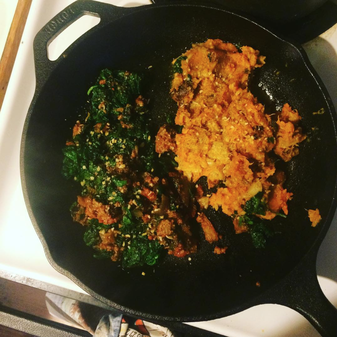
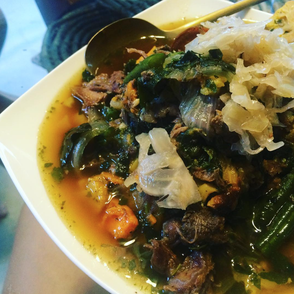
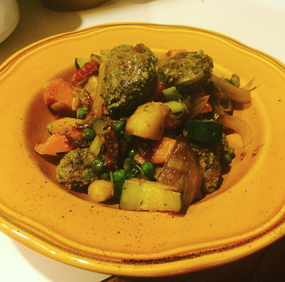
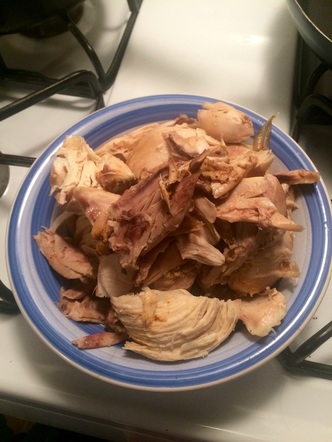
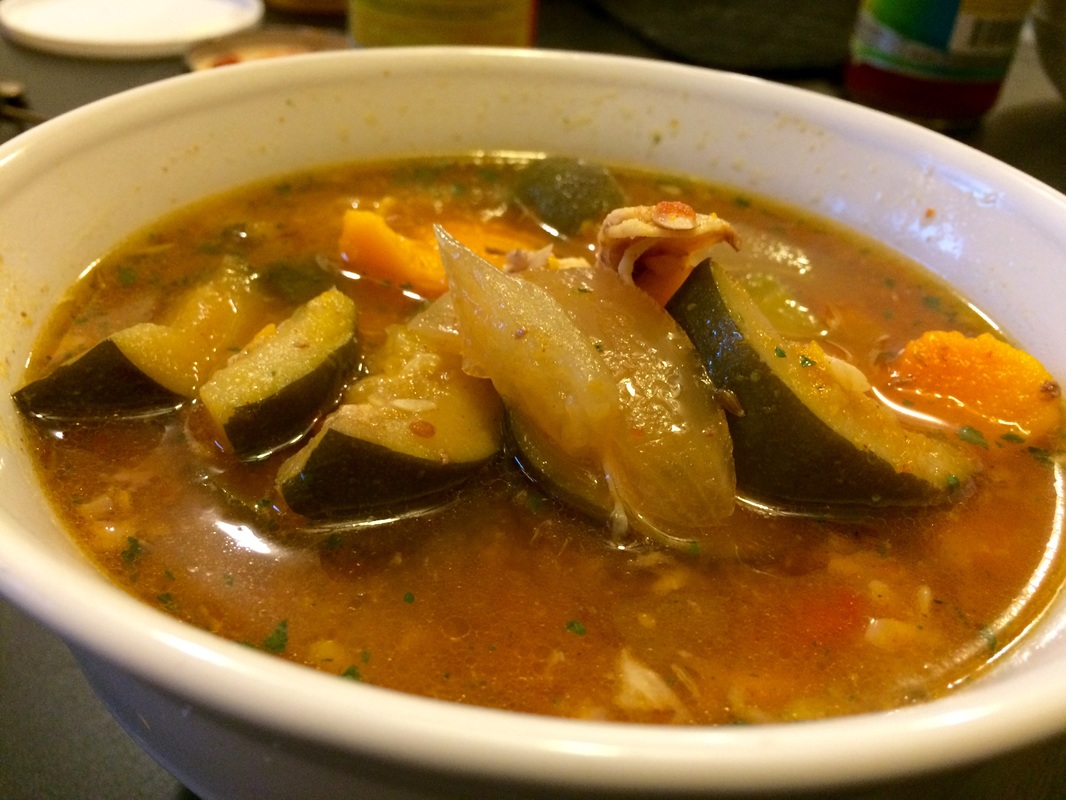
 RSS Feed
RSS Feed